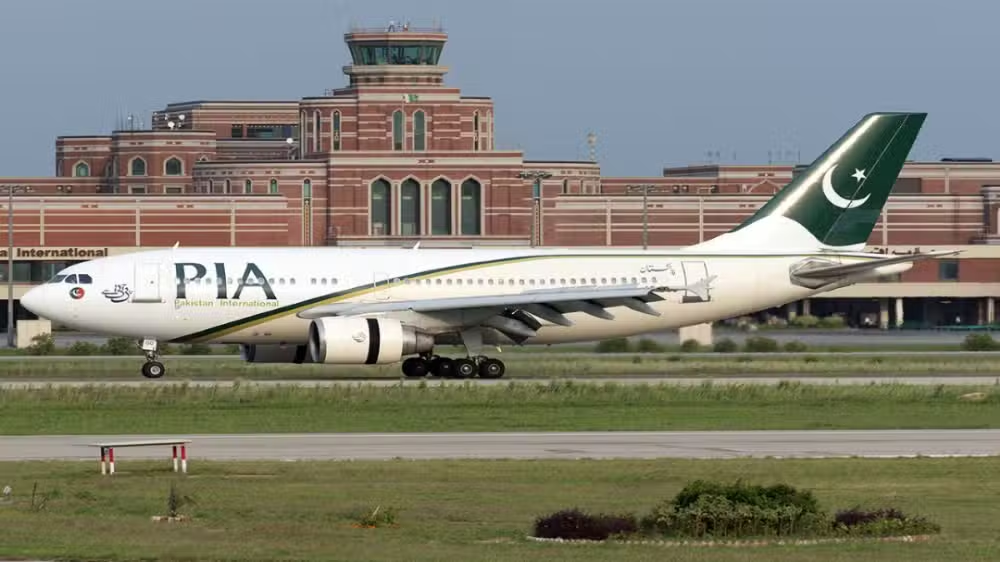In a significant development, Pakistan has reopened its major airports, including Jinnah International Airport in Karachi and Allama Iqbal International Airport in Lahore, following a temporary closure due to escalating tensions with India. The closures were prompted by India’s missile and drone strikes on Pakistani territory, which led to heightened security concerns and the suspension of air traffic.
Background of the Closure
On May 6, 2025, India launched a series of missile and drone strikes targeting multiple locations within Pakistan, including areas in Azad Jammu and Kashmir. The Indian government described the operation, termed “Operation Sindoor,” as a retaliatory measure against alleged terrorist infrastructure linked to groups such as Jaish-e-Mohammed and Lashkar-e-Taiba. In response, Pakistan condemned the strikes as unprovoked aggression and authorized “corresponding actions,” including shooting down several Indian jets and engaging in artillery exchanges along the Line of Control.
The Pakistani authorities, prioritizing national security, decided to temporarily close major airports, including those in Karachi, Lahore, and Sialkot, to safeguard civilian aviation and prevent potential threats. The airspace was also restricted, with heightened surveillance and security measures implemented across the country.
Reopening of Airports
As of May 8, 2025, the Pakistan Civil Aviation Authority (PCAA) announced the reopening of all major airports across the country. The authority confirmed that the national airspace is now fully functional and safe for civil aviation. This decision was based on a comprehensive assessment of the security situation and consultations with relevant defense and intelligence agencies.
The reopening of airports is a positive step towards restoring normalcy in the aviation sector and facilitating the resumption of domestic and international flights. However, authorities have emphasized that strict security protocols remain in place, and all flights will be subject to enhanced screening and monitoring procedures to ensure the safety of passengers and aircraft.
Impact on International Aviation
The temporary closure of Pakistani airspace had significant implications for international aviation. Several airlines, including United Airlines, Korean Air, and Lufthansa, were forced to reroute flights to avoid affected airspace, leading to longer travel times and increased operational costs. Additionally, a dozen Indian airports were shut down, and major Indian airlines, such as Air India, IndiGo, and SpiceJet, suspended operations to and from affected areas.
With the reopening of Pakistani airports, international carriers are expected to gradually resume their operations. However, the situation remains fluid, and airlines are closely monitoring developments to make necessary adjustments to their flight schedules. Passengers are advised to check with their respective airlines for the latest updates on flight statuses and potential delays.
Conclusion
The reopening of major Pakistani airports marks a significant development in the ongoing efforts to stabilize the situation following the recent escalation with India. While the immediate threat to civil aviation has been mitigated, authorities continue to monitor the security landscape closely. The resumption of air travel is a positive sign for the aviation industry and the broader economy, signaling a return to normalcy. However, the situation remains delicate, and all stakeholders are urged to remain vigilant and prepared for any further developments.
Topics #Airports #featured #News #Pakistan




